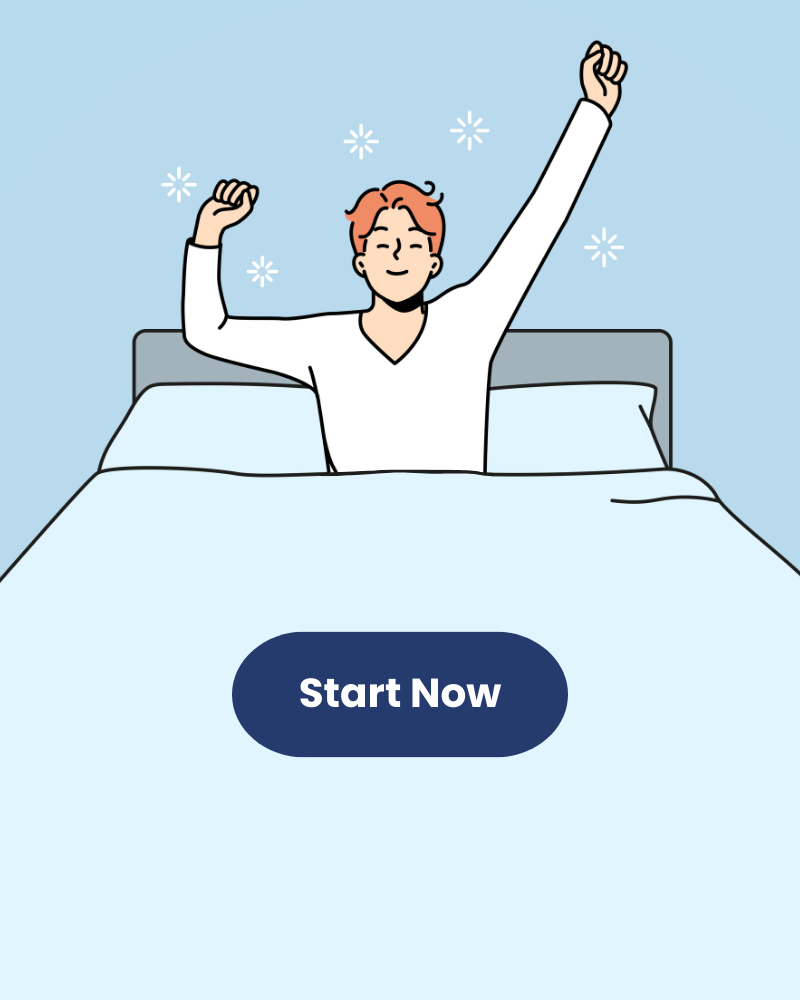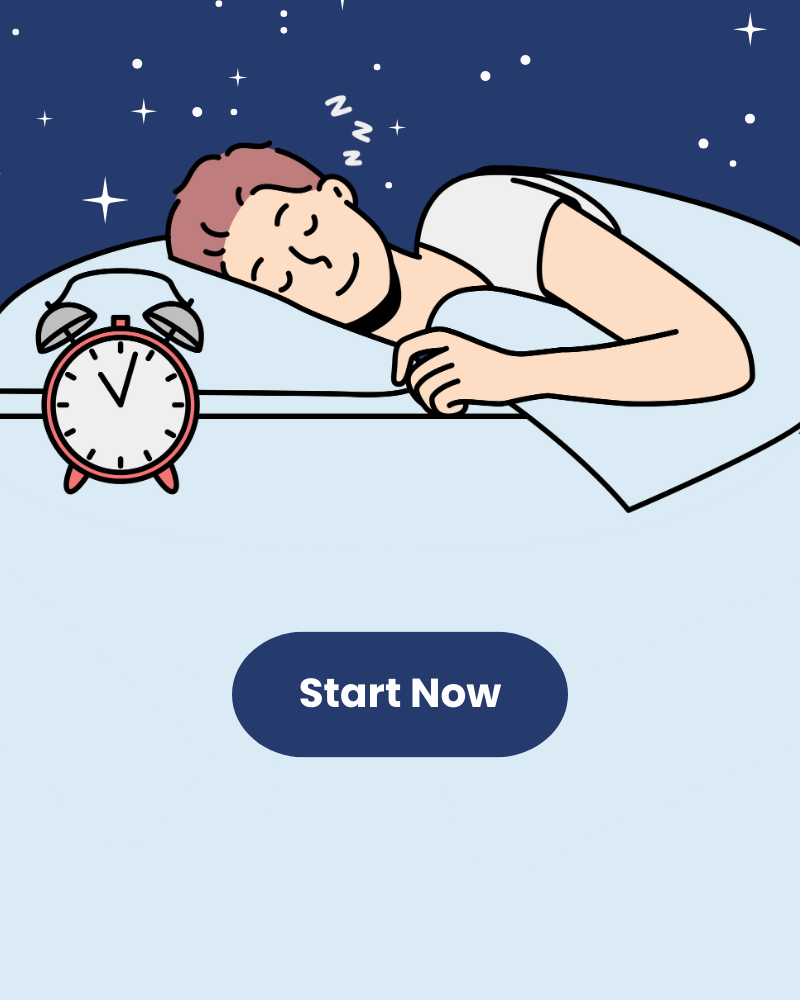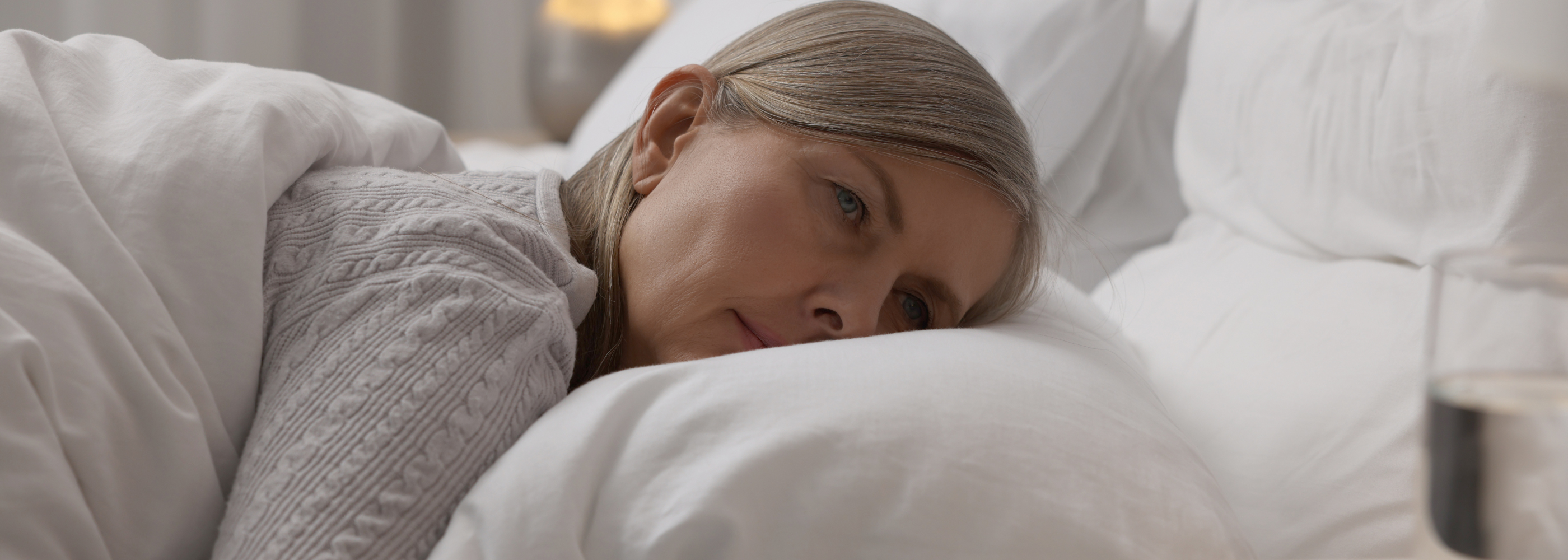What are Circadian Rhythm Disorders?
Also known as sleep-wake cycle disorders, these conditions cause abnormal sleep schedules. They relate to your circadian rhythm, the internal clock that regulates your sleep. Think of it like an airline pilot, guiding the body smoothly through cycles of sleep and wakefulness. Typically, melatonin (a sleep hormone) production increases when it's dark to induce sleepiness. Then as daylight increases, melatonin levels drop, and cortisol (a hormone promoting alertness) rises to help you wake up. When your body’s natural clock gets thrown off, it can mess with way more than just your sleep. You might feel groggy during the day, cranky for no reason, or find it hard to focus.
There are many types of circadian rhythm disorders, distinguished by their own causes and characteristics:
Jet Lag
If you’ve ever travelled across time zones and felt wide awake at 3 a.m. or ready for bed at lunchtime, you’ve experienced jet lag. Your body’s internal clock is still stuck in your old time zone, so it takes a few days to catch up. You might have trouble falling asleep, feel extra tired during the day, or just feel a bit off.
Shift-Work Disorder
People who work night shifts or constantly changing hours can have a hard time getting enough good sleep. That’s because their work schedule doesn’t match their body’s natural rhythm, which can leave them feeling exhausted, struggling to sleeping, or even nodding off at times they don’t want to.
Irregular Sleep-Wake Rhythm Disorder
Defined by an unpredictable sleep schedule with no consistent bedtime or wake time. You may also sleep in fragmented chunks throughout a 24-hour period, leading to poor-quality sleep overall and daytime tiredness.
Non-24 Hour Sleep-Wake Disorder
When your internal body clock is not aligned with the 24-hour day, typically running a little longer. As a result, your sleep time gradually shifts later each day. Over time, it may be difficult to maintain a consistent sleep schedule, changing from week to week.
Delayed Sleep-Wake Phase Syndrome
If you’re someone who can’t fall asleep until the late hours of the night and struggles to wake up until late in the morning, there’s a possibility you might have this. However, it’s more than just being a night owl. This syndrome can become problematic when social or work obligations require early rising, leading to chronic sleep deprivation.
Advanced Sleep-Wake Phase Syndrome
Where your body clock is timed a bit too early, causing you to fall asleep unusually early in the evening and wake up in the early morning hours. You may find it difficult to go back to bed or experience disrupted sleep, leaving you feeling unrested. It can become especially problematic when you have social or work demands in the evening.
Over time, these disorders may affect your heart and overall health. But the good news is, it’s totally manageable with the right support and habits
Experiencing Bad Sleep?
Take control of your sleep health in 3 easy steps.

1: Quick assessment
Take our free two-minute quiz to determine if our program aligns with your goals.
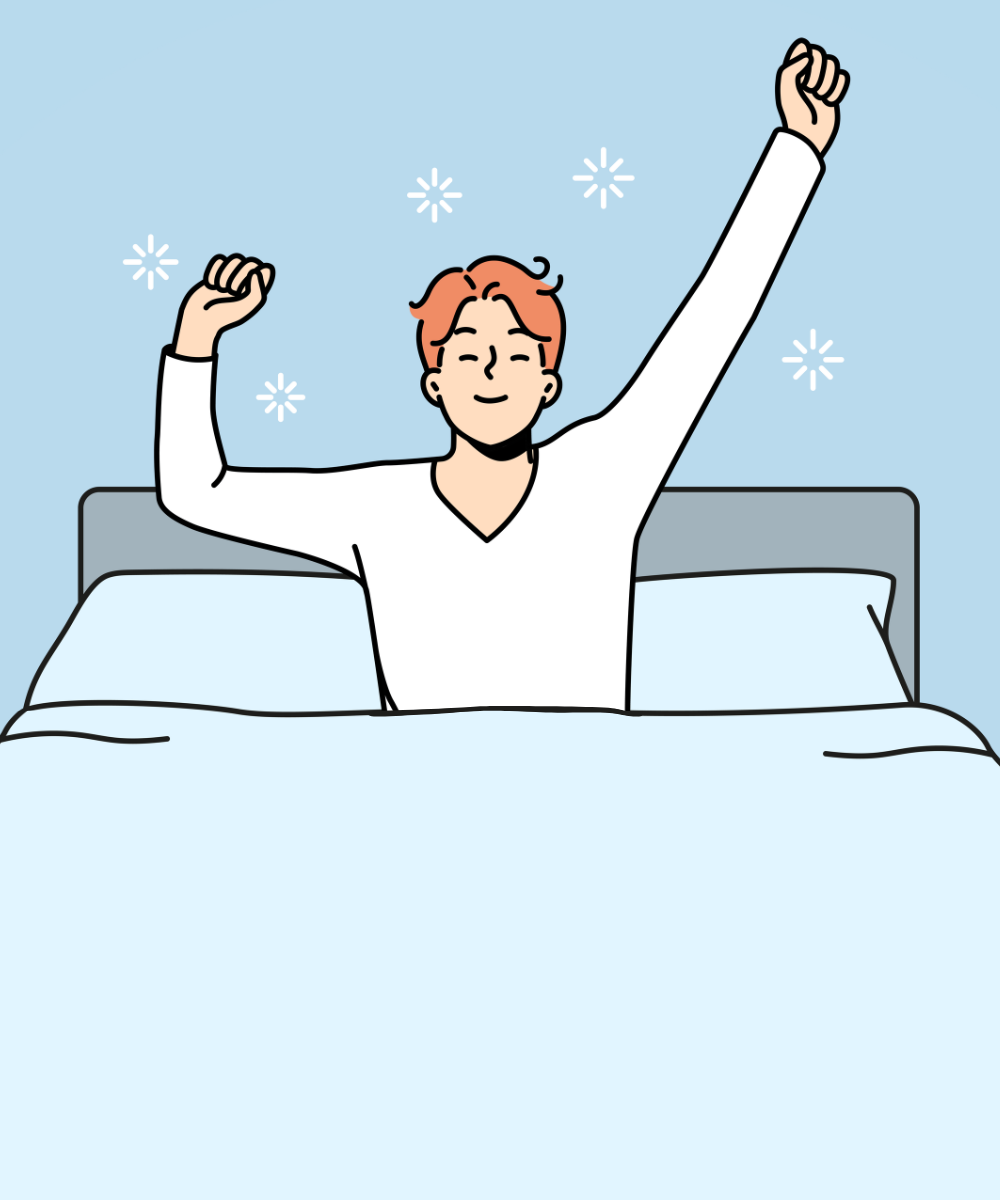
2: Test at home
We'll send you a simple, easy-to-use sleep test you can do from the comfort of your bed.
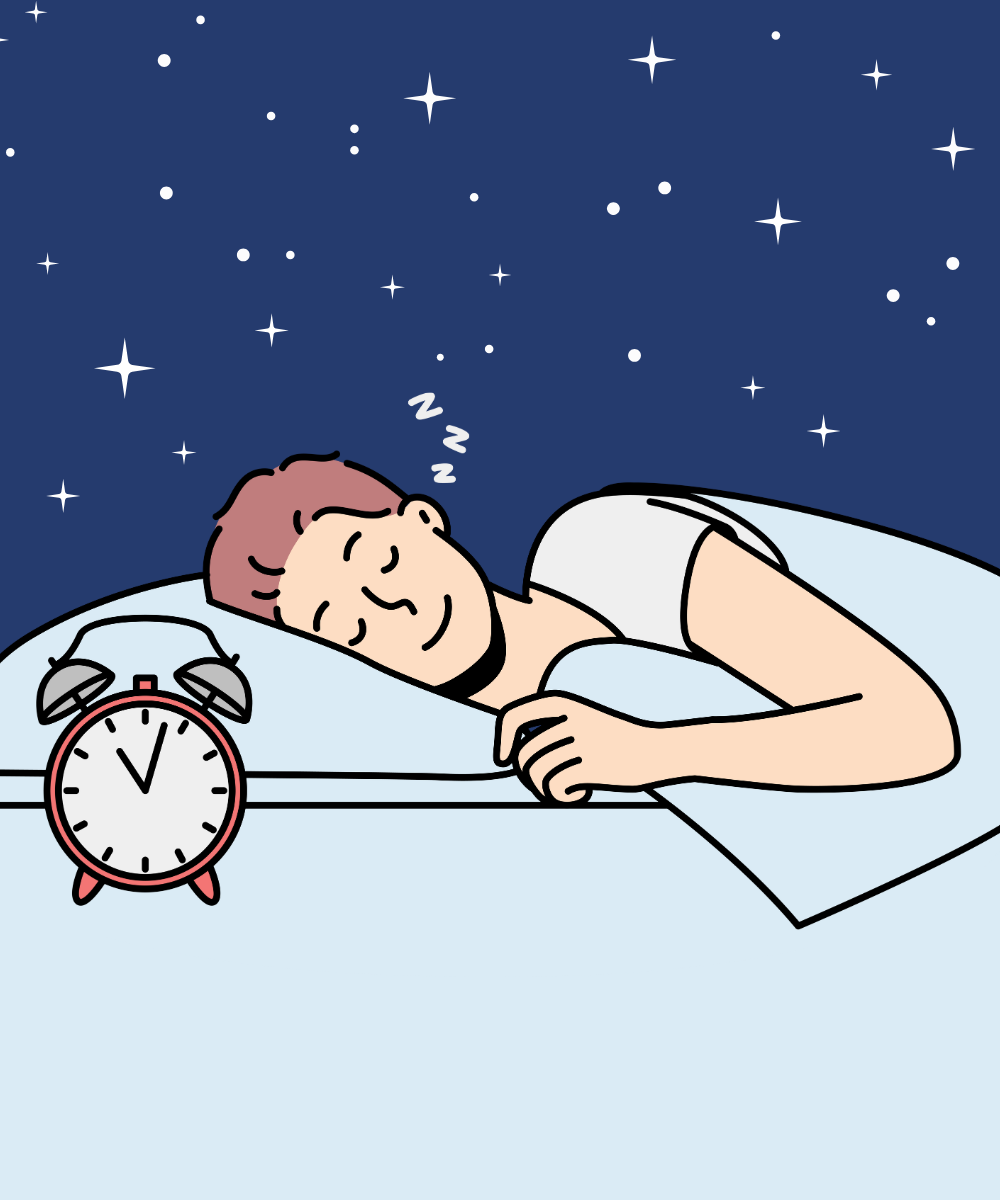
3: Get tailored sleep help
Once your results are in, our dedicated sleep technician will discuss treatment options.



